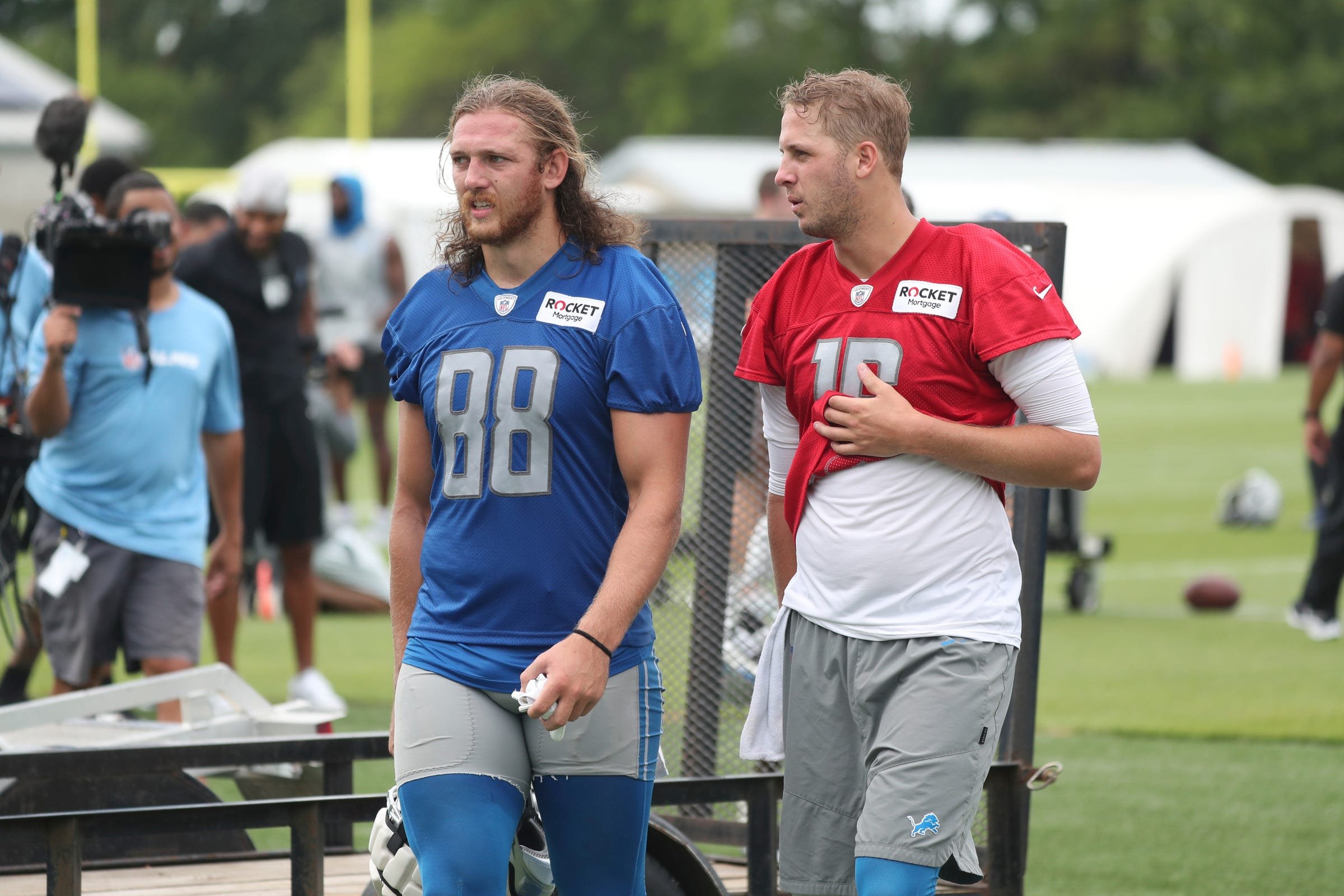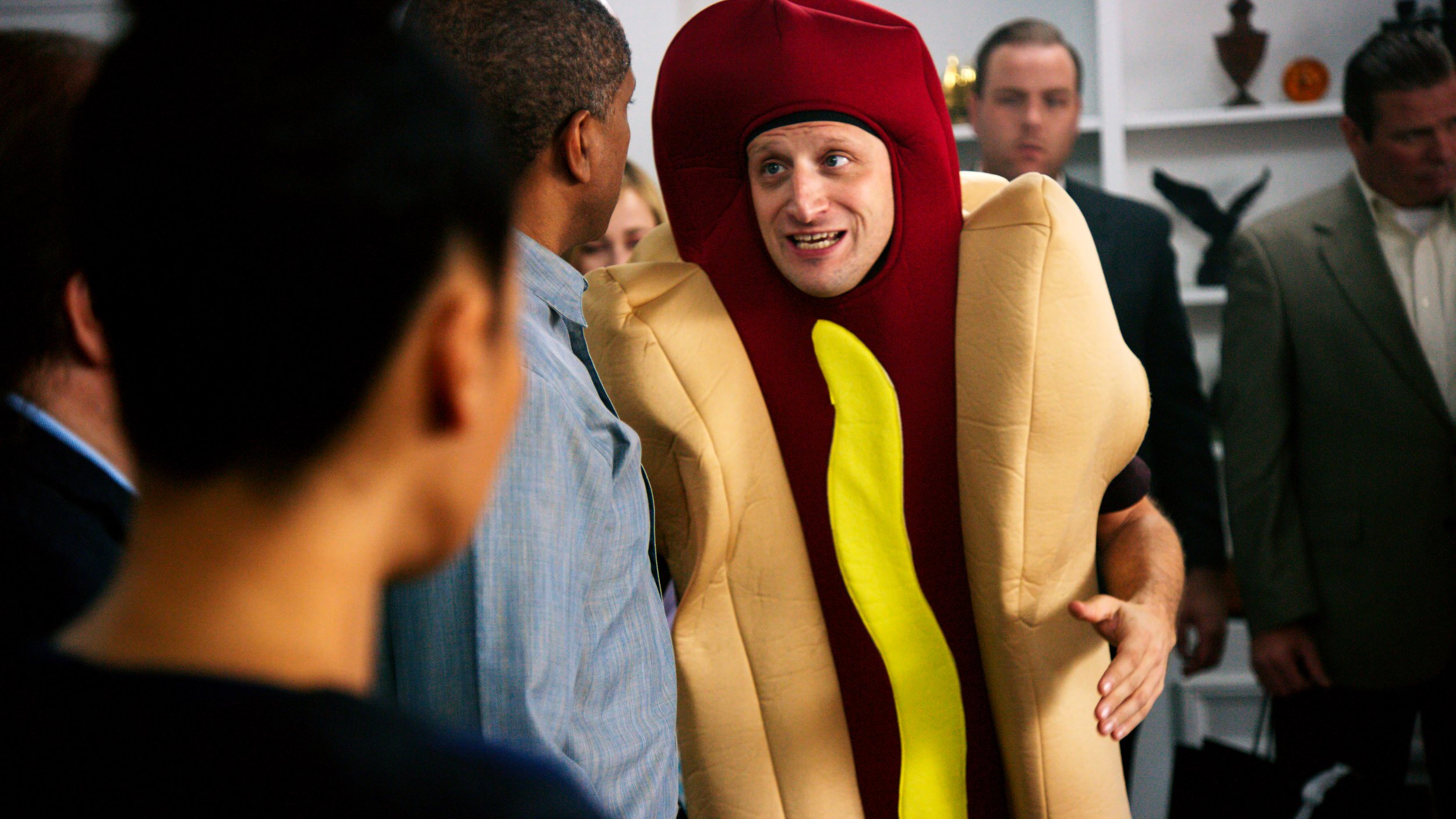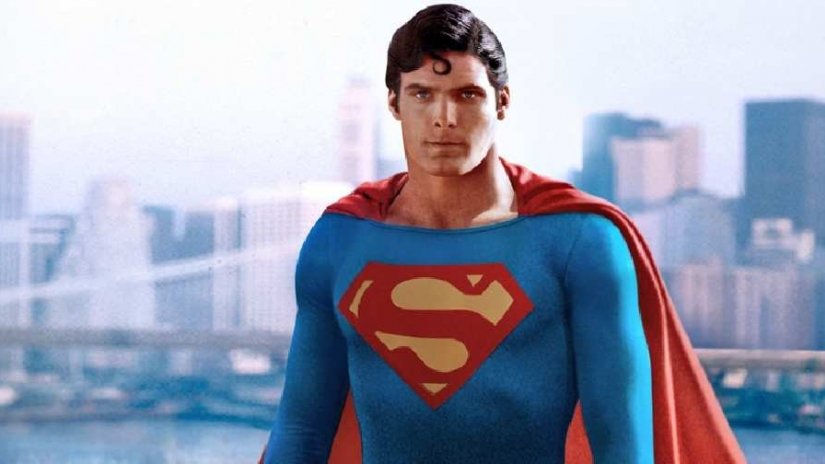Random Round-Up #3 (8/9/22 - 8/16/22)
Atlanta - Season 3 (2016-Present)
Solid 6/10
For those unfamiliar with Atlanta, it is a comedy-drama TV series that is centered on the careers of Paper Boi (Brian Tyree Henry) and his manager/cousin Earn (Donald Glover) as they occupy a absurd, and sometimes surreal, interpretation of the current state of hip-hop, as well as African-American culture. In seasons 1 and 2, Earn leverages his familial relationship with upcoming rapper Paper Boi in order to convince him to hire him as his agent after Earn had dropped out of Princeton University for undisclosed reasons. Earn uses this newfound role to provide for his daughter and baby mother, Van (Zazie Beetz), but quickly finds himself in over his head. Throughout these first two seasons, we see Earn’s growth as an assertive entrepreneurial force, as well as Paper Boi’s realization of the influence he has over his fans, in addition to the temperamental nature of fame.
Season 2 ended with the duo, alongside Van and Darius (Lakeith Stanfield), heading to Europe for a world tour. After the rapper and manager develop a mutual understanding of each other’s roles, the series is limited in the drama it can wring out between actual characters. Subsequently, much of the third season includes anthological episodes that stand alone (or not) in the pantheon of Atlanta. The season actually kicks off with one of these episodes, titled “Three Slaps”. This episode, which is based on a true story, is a poignant insight into the mental state of not only Earn (as it is his dream), but also Donald Glover’s intentions with the entire series. The story recounts the real life tragedy of the Hart family murders, where two women adopted and murdered six African-American children. The episode is aggressive and haunting, and Glover suggests that only in a dream can a child survive these kinds of trials and tribulations. The season premiere also analyzes a general “white-washing” of African-American culture that is discussed in the episode’s introductory exchange between two men discussing what constitutes “whiteness”. These themes are prevalent throughout the entire season, but while they are initially presented as observational and critical, the episodes begin to adopt a more bitter tone as they progress.
Episodes like “White Fashion” and “The Big Payback” feel shallow and half-hearted. They also represent two ends of the spectrum of the season’s storytelling, with one end being a hypothetical staged in an alternate universe and the other reverting back to the show’s core plot. “White Fashion” raises awareness for the performative activism that social media has caused us to become incredibly accustomed to, whether it is through exploitative advertising brand campaigns or token-spokespeople for corporations. It is a cutting satire, but the episode mainly consists of Paper Boi’s identification of these hollow social gestures and no real resolution for how to stay authentic to your values. In contrast, “The Big Payback” offers another plot-irreverent inquisition on the topic of racial reparations. Unfortunately, the episode pales in comparison to “Three Slaps”, as the predecessor illustrates a powerful image of taking matters into one’s own hands, while “The Big Payback” feels more like a passive pseudo-dismantling of white fragility.
All this being said though, Atlanta does not fully fall off after its season premiere, as “Trini 2 De Bone” is a wonderful examination of how caretakers, such as nannies and maids, of different ethnicities can permeate a child’s upbringing more so than their own parents through unintentional parental neglect.
Atlanta’s original appeal to me was that it was a cohesive story with its own style that partakes in the sensationalization of the social minutiae that builds the foundation of the characters’ differing cultures. With the inclusion of incessant anthology episodes though, the series begins to pander in a manner that is similar to Black Mirror, albeit not as grand in production. As Paper Boi and Earn reach levels of success in the show that most people in real life will never come close to approaching, the cast’s relatability begins to grow thin, which may be partly what is responsible for Glover’s propensity for the stand-alone episodes. Season 3 has its highlights that fit the tone that its prior seasons captured so well, but as the show begins to become a lot more grim with its stories, the charm of its satire has developed an aura of harshness.
Hard Knocks: Detroit Lions (2022)
Strong 7/10
The All or Nothing series that I covered last week is Amazon’s attempt at competing with the longstanding Hard Knocks series. Hard Knocks was the first reality-television show that revolved around an athletic team, giving viewers an unprecedented look into what builds our favorite sporting clubs. This year, the Detroit Lions’ preseason preparation is the series’ focus and the cast of characters that make up the team are truly that: characters.
The show opens up with head coach Dan Campbell giving his staff and roster a speech that is so intense and powerful that the players probably thought that they could truck through a brick wall afterwards, much less an actual player. Campbell’s finite rules are simple, but the moral complexities that fuel his desire to win are much more complicated and enticing. He does not have regard for human life on the field, only for his own players, but even then, he demands their maximum effort. “To me, it means this -- we’ll go a little bit longer, we’ll push a little harder, we’ll think a little deeper and a little sharper. To me, it means we’ll play you anywhere. We’ll play on grass, we’ll play you on turf, we’ll go to a fucking landfill. Doesn’t matter. Doesn’t matter if you have one fucking cheek and three toes, I’ll beat your ass.” Campbell says in his soliloquy. This is the essence of this Lions roster, results are one aspect of competitive sports that can sometimes be uncontrollable, but what you put into your performances is up to each individual player.
One of these players is Aidan Hutchinson, the 2nd pick of this year’s NFL Draft. Being thrusted into immediate scrutiny as an early draft pick is obviously exciting, but there can sometimes be an insurmountable amount of pressure that is inherent to it. Luckily for Detroit though, Hutchinson seems to embody Campbell’s mantra, and the general coaching staff seem to share the same sentiment.
Speaking of coaching staff, the Lions happen to have one that is pretty much entirely composed of former NFL players. This enables a rare type of chemistry between the coaches that had been instilled during their playing days, one of friendly, but severe, rivalry. This same ferocity is then bequeathed upon their assigned groups, making every scrimmage and practice feel like a war of boiling emotions. Regardless of how well the Lions perform during the NFL season, this show certainly makes it difficult to root against such a determined group of competitors.
I Think You Should Leave with Tim Robinson (2019-Present)
Soft 8/10
The Saturday Night Live (SNL) writing room pipeline has produced many stars; John Mulaney, Bob Odenkirk, Adam McKay, and Conan O’Brien to name a few. Many of these comedic minds have gotten their big breaks through television shows that they spearhead, such as Bob Odenkirk’s Mr. Show (1995-1998) and Conan’s late night show. Tim Robinson follows in these hefty footsteps with his Netflix-produced sketch series I Think You Should Leave (2019-Present).
This comedy show features a scripted sketch format, reminiscent of the ones commonly produced by SNL, except Robinson has the luxury of not being restricted by network television. This allows for excessive cursing, blunt crudeness, as well as a general absurd irreverence that has been lost in SNL’s overwhelming obsession with satirizing current events. I Think You Should Leave is also short-form, meaning that each episode clocks in at under 20 minutes. This is a blessing in disguise, as most of the sketches are incredibly fast-paced and direct with their punchlines. Sometimes I am eager to see more of Robinson’s bizarre mind, but the runtime is still quite refreshing in an era of borderline feature-film length television episodes (i.e. Stranger Things).
The humor of the show can occasionally be reduced to swearing or being explicit at an inappropriate time, and while this can present itself as redundant at times, Robinson’s hasty skits often don’t give viewers enough time to harp on bad jokes. Even though none of the stories are connected, they all fit an overarching theme of developing a character that is so egregiously irritating that those surrounding them would rather flee than endure them. In the age of the internet allowing anonymity to be so easy to come by, people sometimes feel as though they are justified in spewing the intrusive thoughts that a stream of consciousness can elicit. I Think You Should Leave shows us why sometimes it's just better to keep things to ourselves.
Superman (1978)
Soft 8/10
In Superman (1978), Lex Luthor (Gene Hackman) aims to demonstrate the fact that no man is perfect in the process of his master plan to decimate the west coast of the United States. In an era of Hollywood where DC and Marvel are the the most lucrative outlets of creativity, the necessity of introducing every new character as flawed, or anti-hero, is necessary for various reasons; this includes creating an enigmatic aura to enable future franchise installments, as well as by grounding such a fantastical concept in some type of reality. No greater example of this is Zack Snyder’s work with DC, where he radically shifted Superman from a supernatural human to a egotistical God. Expectedly, Snyder’s creative vision was met with polarizing responses, some who appreciated the brutal honesty of how a fictional story could apply to reality, while others just wanted the director to respect the man of steel’s source material. Superman was released at a time where there were no such debates, as the only form of comic adaptations came through low-budget television series. Thus, a star was born in 1978.
Not only was Superman (Christopher Reeve) a star of a sizable cinematic production, he was a true hero too. After his father, Jor-El (Marlon Brando), ships him off of Krypton to Earth, Superman is adopted by a rural older couple who welcomes him with open arms. As Clark Kent, (a.k.a. Superman) grows older, he finds himself to be an outcast who is clearly disconnected from Earthly beings because of his superhuman abilities. After the untimely death of his adopted father, Clark decides that his genetic gifts should take on their own persona as a means of separating Clark from Superman. After establishing the Fortress of Solitude, Clark sets off to Metropolis to join the Daily Planet, a metropolitan publication where he meets Lois Lane (Margot Kidder). Lois is easily one of the most properly developed love interests I have seen in a superhero film, as she is incredibly charismatic, emotionally dynamic and personable. The banter between Superman and Lois makes for some laughs due to some suggestive material that emphasizes the fact that this is a film that can be enjoyed by viewers of any age demographic.
Opposite to Superman is Lex Luthor, the sadistic maniac who plans to bomb California in order to profit off of inflated property prices. Luthor is accompanied by Otis (Ned Beatty) and Eve Teschmacher (Valerie Perrine); a trio that provides consistent comedic relief for the severe crimes that they are responsible for. The theme of patriotism encompasses much of the film, as even though Superman is quite literally from another planet, he is embraced by Americans for his acts of justice that serve them. Luthor is actually American, but has isolated himself in a different manner than Superman; Superman initially detached from society to learn how to use his immeasurable gifts for good, while Luthor did the same for evil. That may sound like an oversimplification, but it’s what sets the two apart after comparing their innate similarities.
Superman understandably features many obsolete special effects, including the fact that CGI did not exist at the time, but it uses its massive budget to construct practical sets and action sequences that are just as exciting as its digital counterparts. The film’s cinematography is rich and colorful, particularly the opening sequence on Krypton, and John Williams properly crafted a score to coexist with the displayed visuals. For a first huge swing at adapting a comic, Superman was surely a home run.




